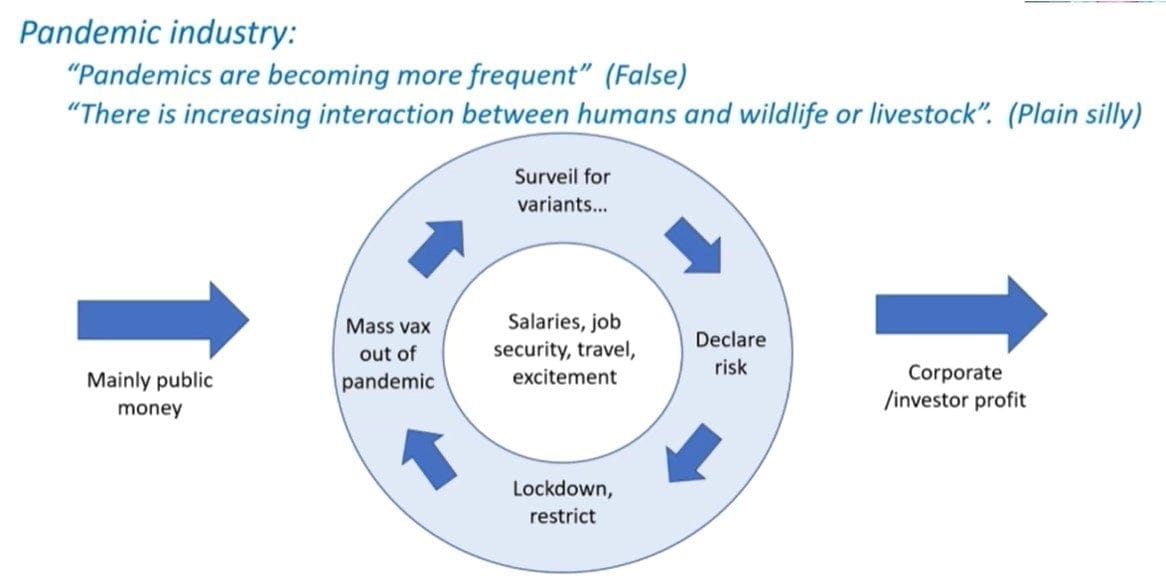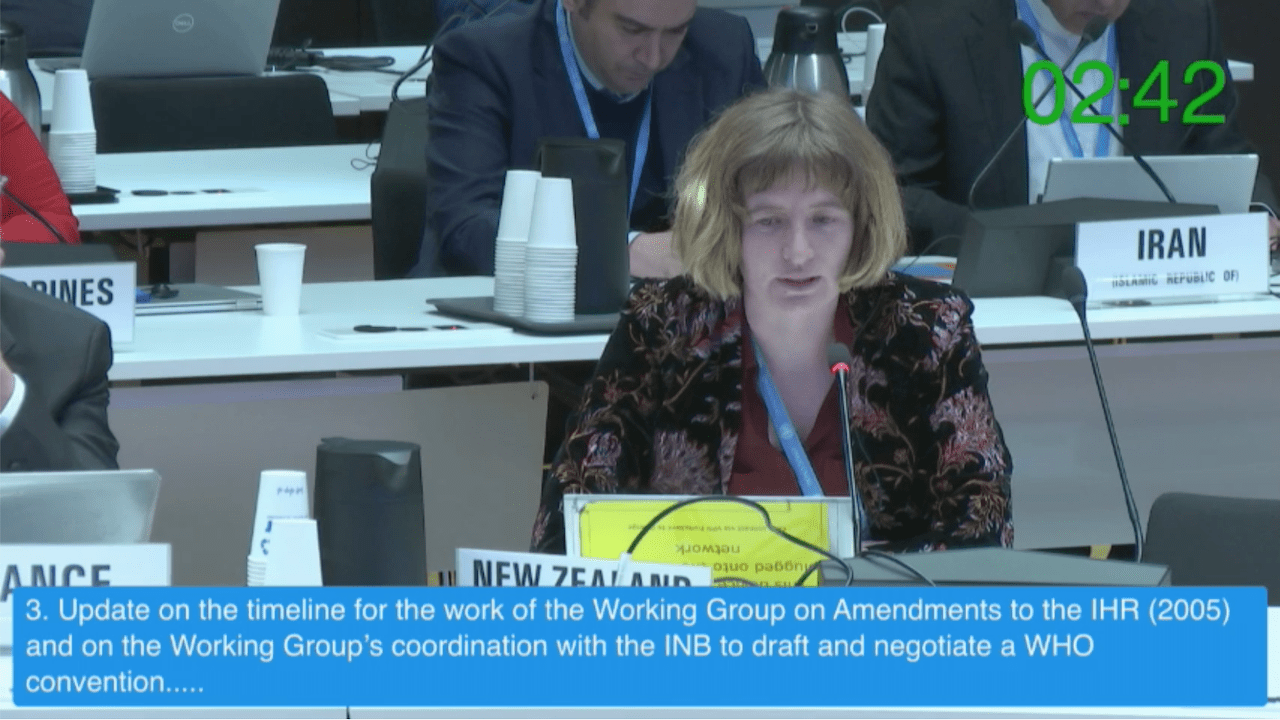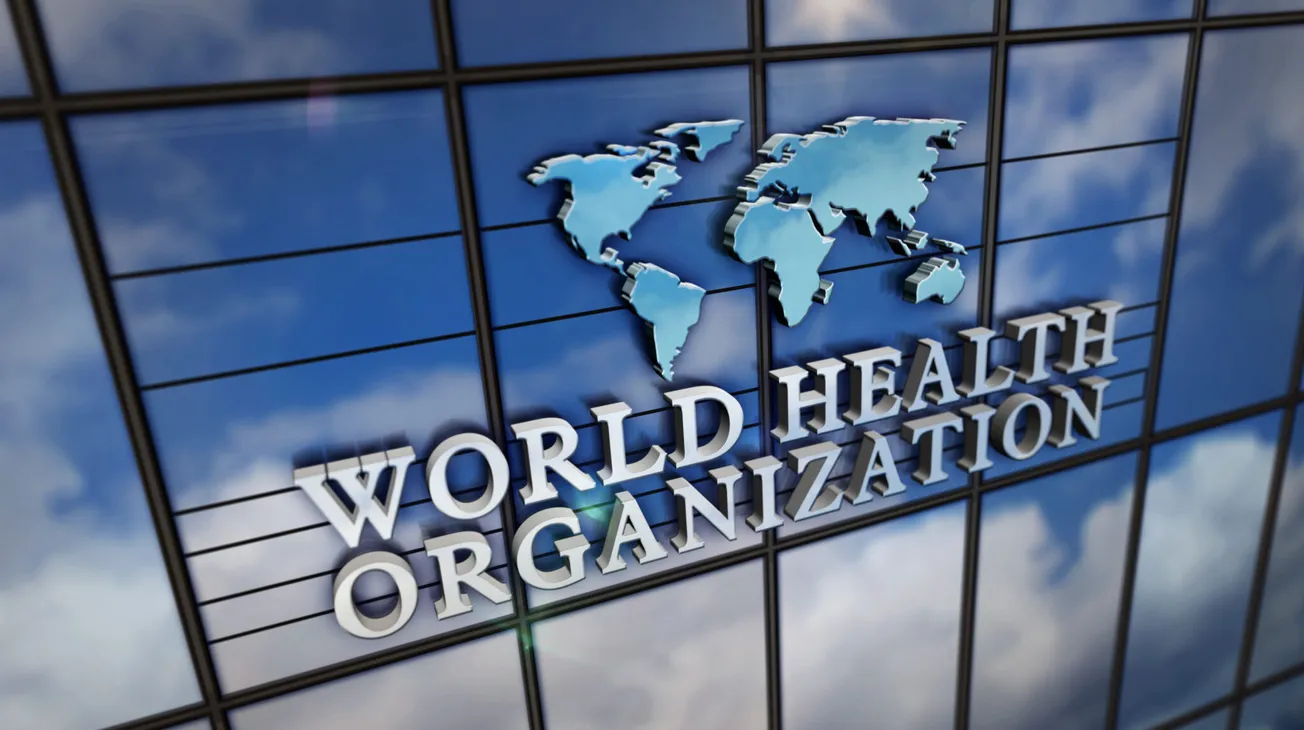Table of Contents
New Zealand Doctors Speaking Out with Science
Hot on the heels of our recent articles, WHO Treaty: Please Help Mount an Effective Opposition Against the World Health Organization’s Plans and WHO International Health Regulations: Please Help Mount an Effective Opposition Against the World Health Organization’s Plans – Part 2, yet another avenue of action has been taken. This time by a delegation of concerned New Zealanders, writing to the Attorney-General, David Parker and the Human Rights Commissioner, Paul Hunt.
The delegation outlines, clearly, concerns about what is in effect four different treaties and accords of international significance planned by the United Nations and their health agency, the World Health Organization. The four treaties are all well-advanced towards being adopted into law. They are outlined briefly below.
1. United Nations’ Political Declaration on Pandemic Prevention, Preparedness and Response Manifesto – Zero Draft (UN PPPR Manifesto)
The declaration was provisionally adopted on 20 September 2023 at a High Level meeting at the United Nations Headquarters in New York. New Zealand was represented by Nanaia Mahuta, Minister for Foreign Affairs and Local Government. Part of a (despised by many) and dying government about to be elected out by 3 out of 4 voters, in a major breach of protocol, she boondoggled overseas to ratify a major agreement rather than wait courteously for the incoming government to decide the issue.
Speaking at the 78th Session of the General Debate, Mahuta recited a repetitive script based on the historically predictable globalist model known as Hegelian Dialectic. She warned of multiple catastrophic crises, “efforts to build back better”, a need to achieve the sustainable development goals, and the “opportunity for a reset”.

The focus of the 20 September meetings was “ensuring equity”, through governance and accountability, and through capacity building, for pandemic preparedness, prevention and response (PPPR). The final draft text of the political declaration, intended as a supporting document to the WHO CA+ and amendments to the International Health Regulations (IHRs), consists of 29 priorities, 47 calls to action and two follow-up plans.
The priorities centre around political commitment, policies, international cooperation and global solidarity in relation to a range of issues, all of which are to be centrally controlled, in effect tyrannising our nation state into a Marxist dystopia. Issues include achieving the UN sustainable development goals, research and development for new pharmaceuticals and health products, and controlling misinformation, disinformation and hate speech. Sustainability includes, but is not limited to, digitalisation of health systems and tools, and turning “temporarily scaled up capacities into permanent capacities” with regards to pandemic preparedness and response.
For a thorough analysis of the declaration, see Michael Nevradakis’ article at the Defender, UN President Approves Pandemic Declaration — Privacy Experts Warn of ‘Digital Gulag’.
In their letters to the Attorney-General and Human Rights Commissioner, the concerned NZ delegation highlighted the fact that an annual budget of US$30 billion is being sought, which dwarfs the current total WHO budget for all programs, of around US$5.5 billion per year. This is absurd given that pandemics are extraordinarily rare, and cause insignificant mortality compared to the challenges of all other WHO programs. The absurdity begins to make sense if you consider Dr David Bell’s Pandemic Industry infographic.

2. Amendments to the International Health Regulations (2005), Article 59
Article 59 was adopted on 27 May 2022. The 18-month window in which New Zealand can expressly reject the amendment ends on 27 November 2023. Once it becomes binding, this 18-month window will reduce to a mere ten months for all future amendments to the IHRs. This is extremely concerning because of expectations within the regulations that our domestic legislation be amended to correspond with all centralised frameworks, in effect dismantling our democratic system with rushed legislation which appears to have little benefit to New Zealanders. Further details for concern are described in the letters authored by the concerned delegation.
3. 307 Amendments to the International Health Regulations (2005)
A further 307 proposed amendments to the IHRs are due to be submitted to the Director-General of the World Health Organization by mid-January of 2024. Sir Ashley Bloomfield (ashley.bloomfield@auckland.ac.nz) co-chairs the IHR Working Group and Andrew Forsyth from the MOH Public Health Strategy Unit (ihrpag@who.int) represents New Zealand on the IHR Review Committee.
Multiple issues are raised by the letters’ authors, regarding these amendments. Although the IHRs have provided WHO guidance on how to respond to infectious disease transmission across international borders since at least the 1960s, nations have always had the right to respond at their own discretion, according to local context. These amendments are attempting to make WHO guidance legally binding, which will require vast arrays of our domestic legislation to be amended to comply with centralised legislation from an unelected, globalist body with deep ties to corporate interests. Again, further details are outlined in the letters.
4. World Health Organization Convention, Accord or Other International Instrument (WHO CA+)
The WHO CA+ is due to be adopted at the 77th World Health Assembly in May 2024. Its purpose is to “support the bureaucracy, financing and governance to underpin the expanded IHRs”. The CA+ will govern structures such as supply networks and systems to receive ?5% of national health budgets for health emergencies. The One Health agenda will intertwine human health with animal, plant and ecosystem health (including climate change), such that WHO intend to govern all aspects of life, under the guise of “health protection”, with legal frameworks in place to ensure compliance of all nations.
We are yet to learn who is representing New Zealand on the International Negotiating Body (INB) of the WHO CA+, which operates largely in secret: a red flag in itself. This screenshot of our representative was taken from the Fourth Meeting of the INB in Geneva in March 2023.

Concerns relating to the IHR amendments are similar to those relating to the WHO CA+, as the two frameworks are integrated to form the international legislation.
Learn More About the World Health Organization Plans
The WHO Treaty and International Health Regulations documents are long and complex, which is in part intended to create confusion and obfuscation. With secrecy and confusion, their plans can succeed. With an informed public, they cannot.
Dr Meryl Nass, co-founder of Door to Freedom, has worked tirelessly to interpret the World Health Organization documents and simplify them for general public understanding. Her 1 November 2023 presentation provides digestible information about the various frameworks and the way they will combine to form a centralised control mechanism across the globe.
!function(r,u,m,b,l,e){r._Rumble=b,r[b]||(r[b]=function(){(r[b]._=r[b]._||[]).push(arguments);if(r[b]._.length==1){l=u.createElement(m),e=u.getElementsByTagName(m)[0],l.async=1,l.src="https://rumble.com/embedJS/u4"+(arguments[1].video?'.'+arguments[1].video:'')+"/?url="+encodeURIComponent(location.href)+"&args="+encodeURIComponent(JSON.stringify([].slice.apply(arguments))),e.parentNode.insertBefore(l,e)}})}(window, document, "script", "Rumble");Rumble("play", {"video":"v3ql588","div":"rumble_v3ql588"});
Letters to the Attorney-General and Human Rights Commission
The rights of New Zealanders to live in a safe and democratic society are being undermined by the United Nations and World Health Organization plans. Corporate media are not informing the public of what is happening and most New Zealanders have no idea that this dismantling of our democracy is underway.
The closest deadline for action is 27 November / 1 December 2023, by which time NZ needs to have actively opted out of agreeing to the shortened time frame (from 18 to 10 months) for consideration of future amendments.
We encourage you to make a time to visit your local MP ASAP to ask him or her to reject the amendment to shorten future timeframes (article 59).
We are grateful to Dr Simon Thornley, Martin Lally, Peta Joyce, Greg Rzesniowiecki, Jodie Brunning, Keri Molloy and Katie Ashby-Koppens for their clarity and understanding of the intricacies, and their courage to speak out at such a critical time. Their letters are available here to read / download.
231102-Letter_to_HRC-World-Health-Organization_Pandemic_TreatiesDownload231102-Letter_to_AG-World-Health-Organization_Pandemic_TreatiesDownload









